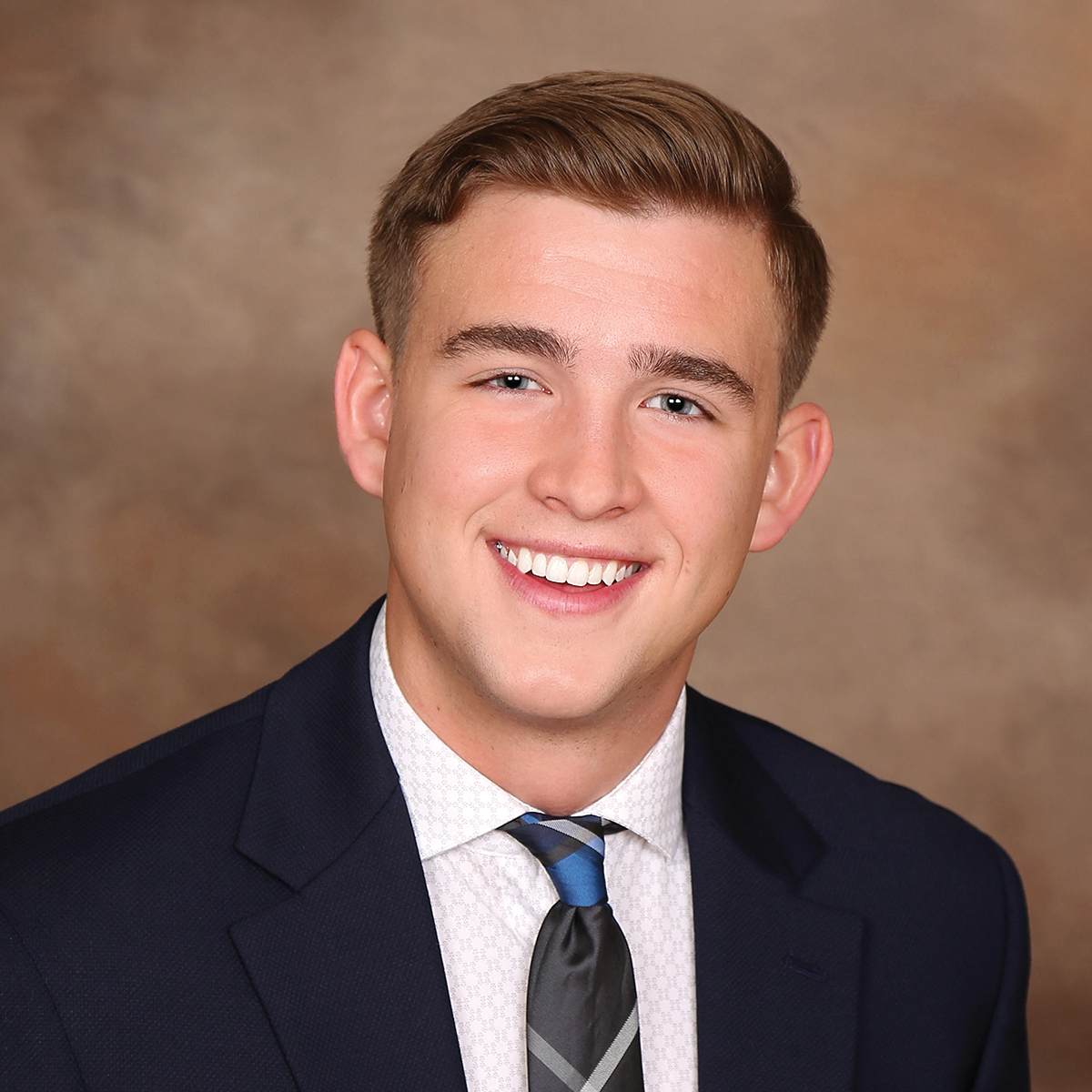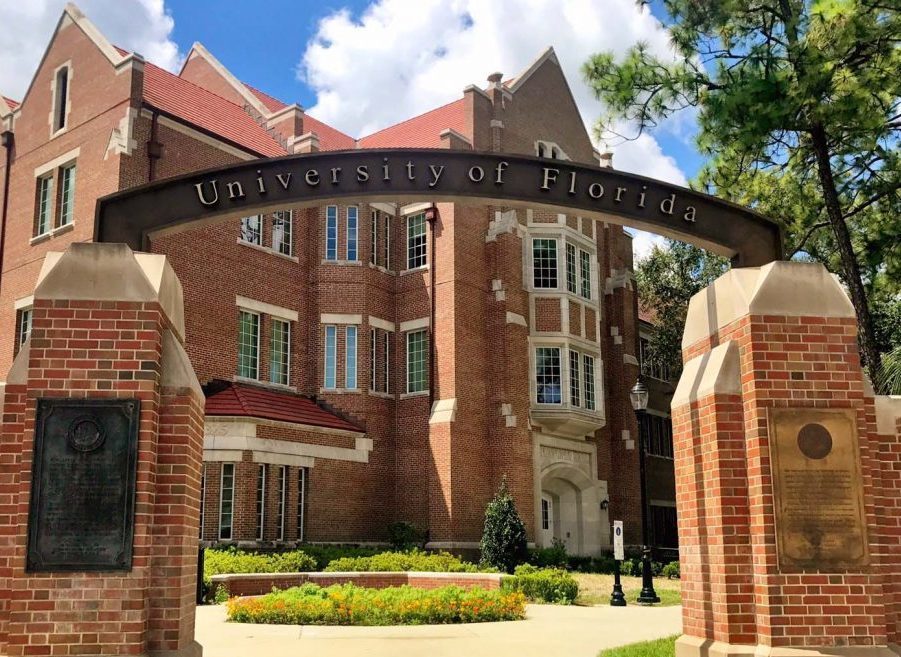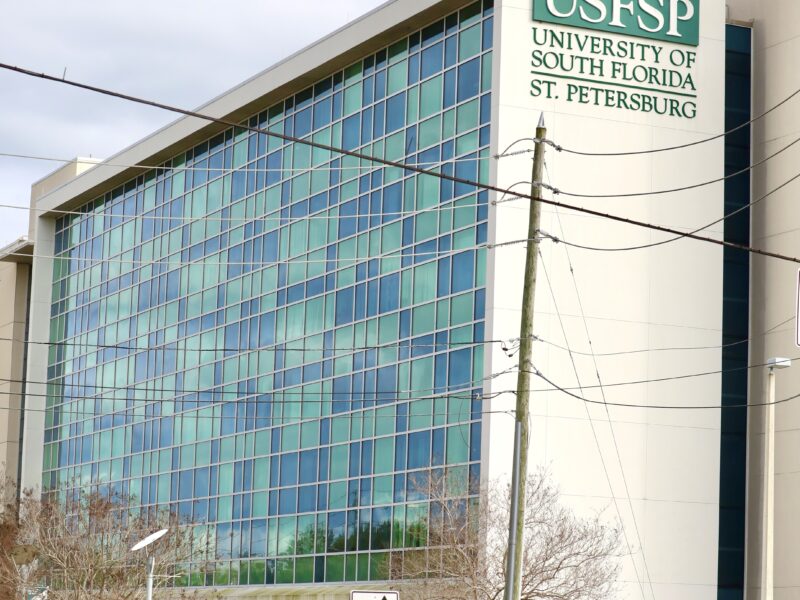Courtesy of UF

By Samuel Rechek
The University of Florida (UF) made national headlines last fall when it denied four professors’ requests to testify as expert witnesses in a voting rights lawsuit against Florida Senate Bill (SB) 90, passed in 2021.
In early November, amid widespread criticism of its decision, UF appeared to reverse course. In a statement, UF President Ken Fuchs informed the university community that the previous denial of professors Sharon Austin, Michael McDonald, Daniel Smith and Jeffrey Goldhagen requests would be undone.
Fuchs also called a task force to recommend changes to the university’s practice when faculty wish to provide expert testimony in litigation against the state. At the time, the calling of the task force seemed to indicate that UF had recognized its mistake and was going to change its policy to protect professors’ academic freedom.
However, new developments since November prove that wasn’t quite the case.
Just after Fuchs’ statement, the four professors —who were joined by two more alleging similar violations— filed a lawsuit against UF.
Then, in late November, the task force released a report with its recommendations.
According to the report, when faculty or staff are asked to testify as expert witnesses in litigation in which the state of Florida is a party, UF policy should establish a “strong presumption” that requests to testify will be approved.
Soon after these recommended changes were adopted, the professors moved for a preliminary injunction, arguing that the policy in its current form constituted a violation to their First Amendment rights.
In an opinion filed on Jan. 21, Chief Judge Mark Walker of the U.S. District Court for the Northern District of Florida granted the injunction against the “conflict of interest” policy, preventing its enforcement pending further proceedings.
The fact that the professors’ lawsuit shows “substantial likelihood” of being successful in further proceedings was key in Walker’s decision to grant the injunction. In other words, the professors’ argument —that the policy violates their right to speak as private citizens on matters in the public interest— is likely to succeed in court.
One reason for this finding is the “strong presumption” clause in the updated UF policy. Though the policy sounds more favorable to professors’ rights, Walker concludes that it amounts to an unconstitutional system of “prior restraint.”
Though exceptions to the First Amendment are few and far between, the few exceptions that have been developed usually allow for the regulation of speech after it has been expressed. However, the government engages in prior restraint when it censors speech before it has even been made public. For this reason, the Supreme Court views “any system of prior restraints…[with] a heavy presumption against its constitutional validity.”
For any system of prior restraint to overcome this presumption, the Court has ruled that the government must adhere to “narrow, objective, and definite standards” in the application of its policy.
Though it favors the professors’ right to offer testimony, the policy leaves it entirely up to the university to determine when the strong presumption in favor of the speech has been outweighed by the university’s interests.
Why would UF want to maintain “unbridled discretion” over its professors’ requests to testify?
To avoid conflict with the state government, the professors say.
Calling UF’s actions an apparent act of “anticipatory obedience,” Walker suggests that UF foresaw political ramifications for granting the professors’ requests and acted accordingly.
The ramifications that UF’s leaders feared could include decreased university funding. Florida House Bill 233, passed in early 2021, requires universities to conduct annual “viewpoint diversity” assessments and a lawsuit against the bill alleges that Gov. Ron DeSantis’ remarks about the policy threaten to cut university funding if these assessments turn up results the state does not like.
In light of this perceived pressure from Florida’s political leaders, we might be inclined to ask: What is the state of the freedom of speech in Florida?
On one hand, it makes sense that UF would fear reprisal from the state if it allowed the professors to wield their speech rights, because it has always been easier to adopt the First Amendment in principle than to affirm it in practice.
Such is the challenge with neutrality. Few values, if any, are held closer to the heart of Americans than the consistent and fair application of our nation’s guiding principles. Yet when powerful interests are allowed to supersede neutrality, the public’s faith in principle is shaken.
On the other hand, Florida recently reaffirmed its commitment to the First Amendment, especially at universities. In 2018, DeSantis and the Florida legislature passed the “Campus Free Expression Act,” calling on all institutions in the State University System of Florida to adopt the State University System Expression Statement based on the Chicago principles.
Last month, the Strategic Planning Committee of the State University System of Florida Board of Governors (BOG) released a new report on Civil Discourse Initiatives at Florida universities with recommendations for promoting such principles on campus.
For USF Tampa sophomore business management major Jason Hopper, “Free speech should be protected at all costs.”
“The current attack on information and truthful reporting vitally necessitates freedom of speech. It is a shame if any university practices censorship of any kind, against any idea,” Hopper said. “UF’s decision to prohibit their professors from testifying [against] the bill strikes me as dishonest and selfish for a university, an organization supposedly dedicated to the proliferation and freedom of knowledge, to stand in the way of its employees doing just that.”
UF’s decision “sets a dangerous precedent for how universities may restrict free speech in the future,” according to Hopper.
Despite this, he remains “hopeful that this generation of students will take a stand to uphold their rights.”
Like Hopper, I am hopeful (yet concerned) for the future of the First Amendment in Florida. Large states like ours can set powerful examples of neutrality for the country—perhaps even pushing the law in new directions.
For example, Walker recognized in his opinion that while courts have traditionally considered professors to be public employees governed by Pickering v. Board of Education, “expression related to academic scholarship” may implicate novel constitutional considerations.
The BOG’s report on Civil Discourse Initiatives calls upon Florida’s universities to promote civil discourse, regardless of ideological viewpoint—another leading step for the neutrality of the ideal.
The UF controversy, however, reminds us that these commitments will always be hard. It will be a challenge for the BOG to maintain its commitment to free speech if it falls out of favor with political interests in the state. And it will be a challenge for all of us to practice civil discourse when we confront ideas that are offensive to our tastes.
But with a healthy dose of optimism, good faith, and the occasional reminder that the values of our society depend upon us all, this challenge can be overcome.
Samuel Rechek is a junior political science and philosophy major with minors in history and economics at USF Tampa.



